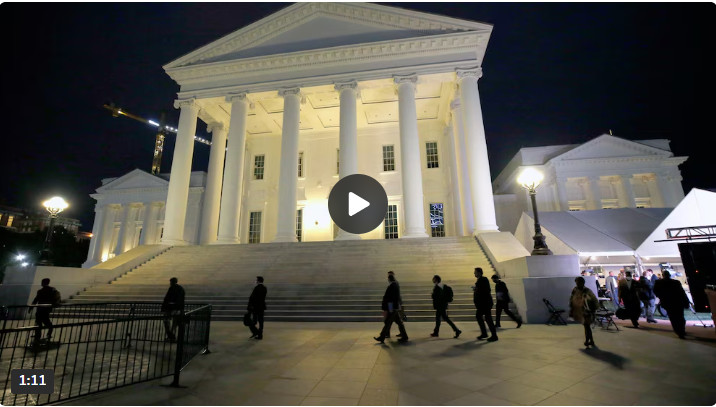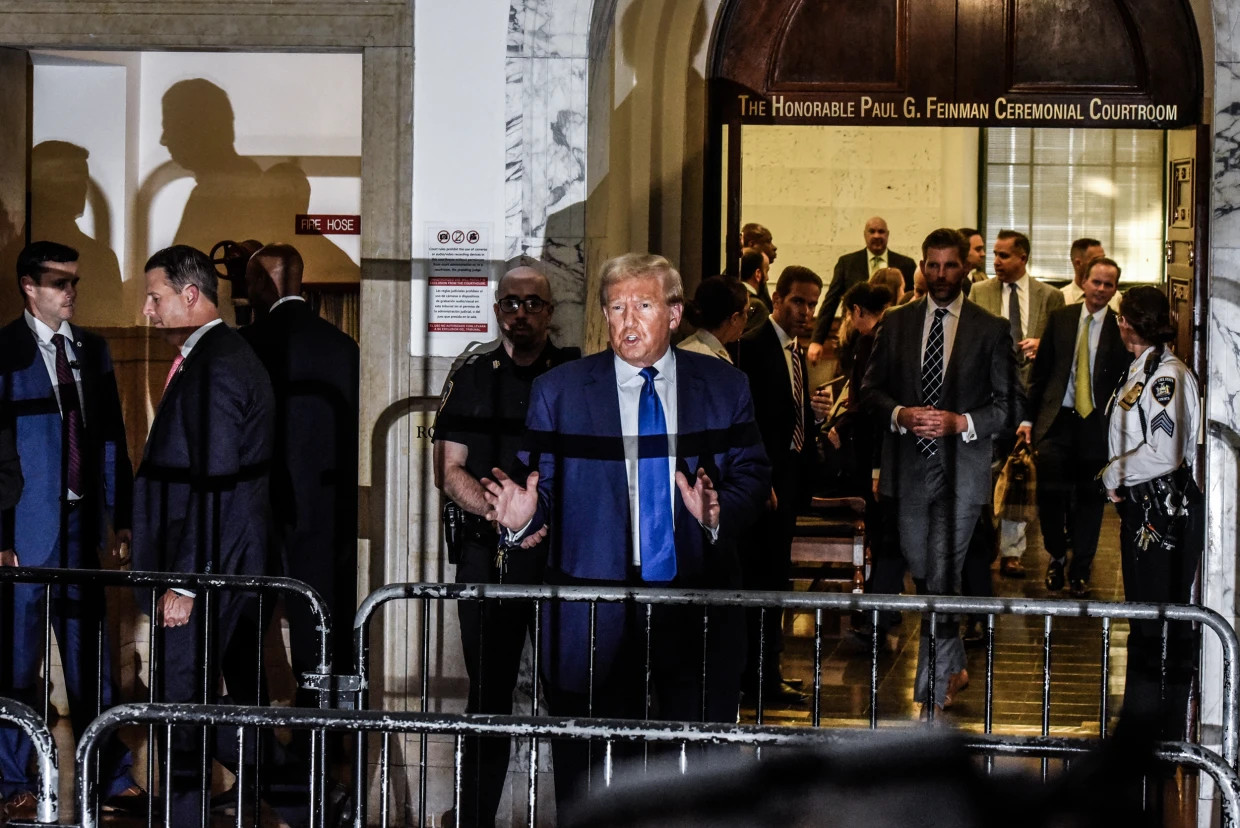Rishi Sunak’s promise to reinstate National Service is unlikely to help him close the polling gap with Labour, according to leading pollsters.
The Conservatives unveiled the policy over the weekend, hoping it would improve their dismal polling numbers, which show them lagging more than 20 points behind Labour.
While the announcement diverted attention from the heavily criticized start of the prime minister’s election campaign, doubts persist about whether it will provide the Tories with the necessary polling boost.
Professor Sir John Curtice expressed skepticism about the policy’s impact, stating, “No, it was designed to appeal to their [the Tories’] base, which is older.”
Tory peer and prominent pollster Lord Robert Hayward said, “It will have a limited impact either way,” adding that it might have some underlying effect among white working-class voters in Red Wall areas who have left or are uncertain about the Tories.
Hayward noted, however, that the policy’s impact would depend on “how much noise this [policy] continues to have.”
Michela Morizzo, chief executive of Techne UK, cautioned that the policy could have a negative effect. She highlighted that Techne’s latest weekly tracker poll shows 53% of 18-24-year-olds supporting Labour, compared to just 13% for the Conservatives.
Morizzo explained, “It’s unlikely to be well received. Non-military volunteering is fine…Very different is the compulsory military service.” She described the proposal as “old-fashioned” and strategically advised focusing on civil or local volunteering services instead.
Sunak’s plan would require 18-year-olds to either join the military for 12 months or perform “volunteer” work one weekend a month for a year. The prime minister argued that the policy would unite society in an “increasingly uncertain world” and give young people “a shared sense of purpose.










